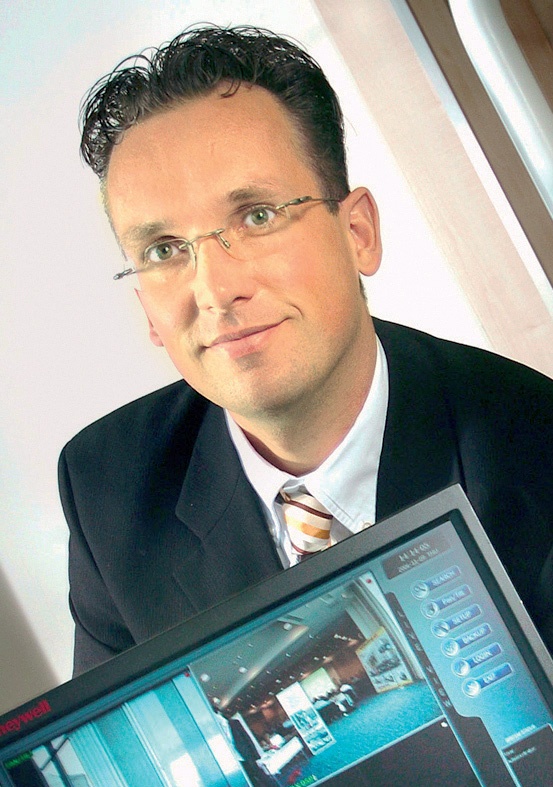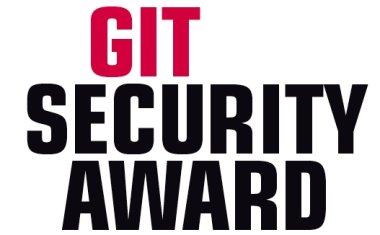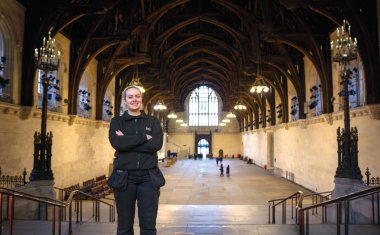TAPA: helps to prevent losses in the supply chain
TAPA: helps to prevent losses in the supply chain. The Transported Asset Protection Association (TAPA) is a forum that unites global manufacturers, freight carriers, law enforcemen...

TAPA: helps to prevent losses in the supply chain. The Transported Asset Protection Association (TAPA) is a forum that unites global manufacturers, freight carriers, law enforcement agencies and other stakeholders with the common aim of reducing losses from international supply chains. Founded in 1997, TAPA is now active in Europe, Middle East and Africa (EMEA), The Americas and Asia and has a global membership of over 550 companies with annual sales of US$910 billion. Through its incident reporting service, Freight Security Requirements (FSR) and Truck Security Requirements (TSR), TAPA is now recognised around the world as the most effective driver of supply chain security. Dr Heiko Baumgartner had the opportunity to interview Thorsten Neumann, chairman of TAPA EMEA.
According to a study you made together with the EU, freight worth € 8 billion were stolen in Europe last year. Can you give us more details from this study?
T Neumann: This was a study for the European Parliament that was published in May 2007 that investigated organised theft of commercial vehicles and their loads in the EU. The study reflected two key points; road transport is by far the dominant mode of freight transport in Europe (72.2% of all land-based transportation of goods) and that the high value of products being moved by road are an increasingly attractive target for organised criminals.
This was an extensive report that looked at the definition of organised crime, claimed versus actual loss value, data availability or the lack of it, total loss value, the location of thefts, they type of thefts, crime ‘hot spots’ in Europe, the low priority given to this issue by governments and the need for coordinated action to stop organised theft hindering the further development of the European Union.
How do you work at TaPa eMea to fight against cargo crime and what did you already achieve?
T Neumann: We have an extremely active and growing membership that works together to reduce losses in our supply chains. Our Incident Reporting (IIS) database collates information from members about crime that has occurred and provides vital crime intelligence that helps companies avoid, for example, particular regional ‘hot spots’.
Our FSR and TSR requirements incorporate the systems, processes and procedures transport and logistics companies must adopt to operate a secure facility and TAPA certification is only awarded following a thorough inspection by TAPA-approved auditors.
These are regarded as the best supply chain security standards and they help the shippers or high value/high risk goods recognise which service providers are taking the fight against cargo crime seriously.
Other benefits of membership include free security training modules and quarterly conferences and networking events where our members meet to talk and hear about the latest initiatives aimed at beating cargo crime. In November, for example, some 200 TAPA members met in Malta and our conference covered issues such as the symptoms of loss, cargo crime loss modelling and analysis of the effectiveness of countermeasures. We also looked at the return on investment from transport security programmes and how to convince management of the need to invest in a supply chain security infrastructure. We are also active in regulatory affairs, working with EU officials in Brussels.
What have we achieved?
T Neumann: I would say quite confidently that TAPA members suffer far fewer losses than the industry average and we won’t stop until these losses are eradicated altogether.
With FSr you developed a qualitative standard of best practices for freight security. How does that work?
T Neumann: TAPA FSR identifies the systems, processes and procedures we believe are necessary to operate a secure warehouse facility. To gain certification, each location will undergo a complex audit of the facility, equipment and procedures. The support and participation of employees is also a vital component in this. In more recent times, reflecting the fact that a lot of cargo crime has switched from more secure warehouses to trucks out on the open roads, we have created Trucking Security Requirements (TSR) and we will shortly be commencing work on Parking Security Requirements as part of our work with the EU’s safe parking initiative.
You are also working together with IATA to set security standards for the air cargo supply chain. Can you give us an update on this?
T Neumann: Cargo aviation security is a hot topic. Securing air cargo from the various threats the industry faces and being compliant with regulations is a complex, costly and growing challenge. TAPA has asset protection expertise and IATA has aviation security expertise. Both associations believe responsibility for securing the supply chain should be shared by all relevant stakeholders.
Both associations also believe more needs to be done to secure air cargo handling at airports. IATA, which has historically focussed on air carriers and regulated cargo agents, is committed to developing aviation security guidance and best practice for supply chain stakeholders, typically those that may already be implementing TAPA FSR and TSR. So, we are now collaborating with IATA to develop a simple, efficient and more integrated security solution.
Our aim is to develop one set of dual purpose security standards for the air cargo supply chain for stakeholders to implement that will properly protect their assets and simultaneously comply with baseline cargo aviation security requirements. Importantly, we also want to maintain the free and efficient flow of goods and minimise additional resource requirements.
What are the actual cargo crime trends in the EMEA region?
T Neumann: The report by the European Parliament puts the cost of cargo theft from trucks at € 8.2 billion – that’s € 7.72 per loaded truck trip within the EU. Technology related products remain the biggest target area for criminals – representing 79% of thefts – along with pharmaceutical products and luxury goods. By co-ordinating our efforts, TAPA members are seeing reductions in the overall level of theft from their supply chains but there is most certainly no room for complacency among our manufacturing members, the industry at large or the transport and logistics providers responsible for the secure movements of high value goods.
In the second quarter of 2007 in EMEA alone, our members reported 199 incidents with a total loss value of over € 13.5 million. Of this, only € 124,000 was successfully recovered. In most cases, we are battling against organised criminals that believe the supply chain is a soft target.
TAPA is working constantly to ensure that this is not the case in EMEA as well as Asia, The Americas and in specific countries such as South Africa.
How can logistics and transport providers support TAPA’s programme to beat cargo crime and how can they use the benefits of your efforts?
T Neumann: As well as so many of the world’s leading manufacturers of high value goods, the fastest-growing area of our membership is from the logistics and transport sector, including airlines and freight forwarders. These companies are extremely supportive of what we are trying to achieve and we cannot make the progress we want to without their commitment. The biggest thing they can do is implement our FSR/TSR.
Intelligence sharing is another area. The benefits they get can be measured in their bottom line performance because there is no doubt that the manufacturers of high value products – all major buyers of freight services – will give their business to partners that share their commitment to beating cargo crime and, more importantly, are doing more than simply paying lip service to this subject.













